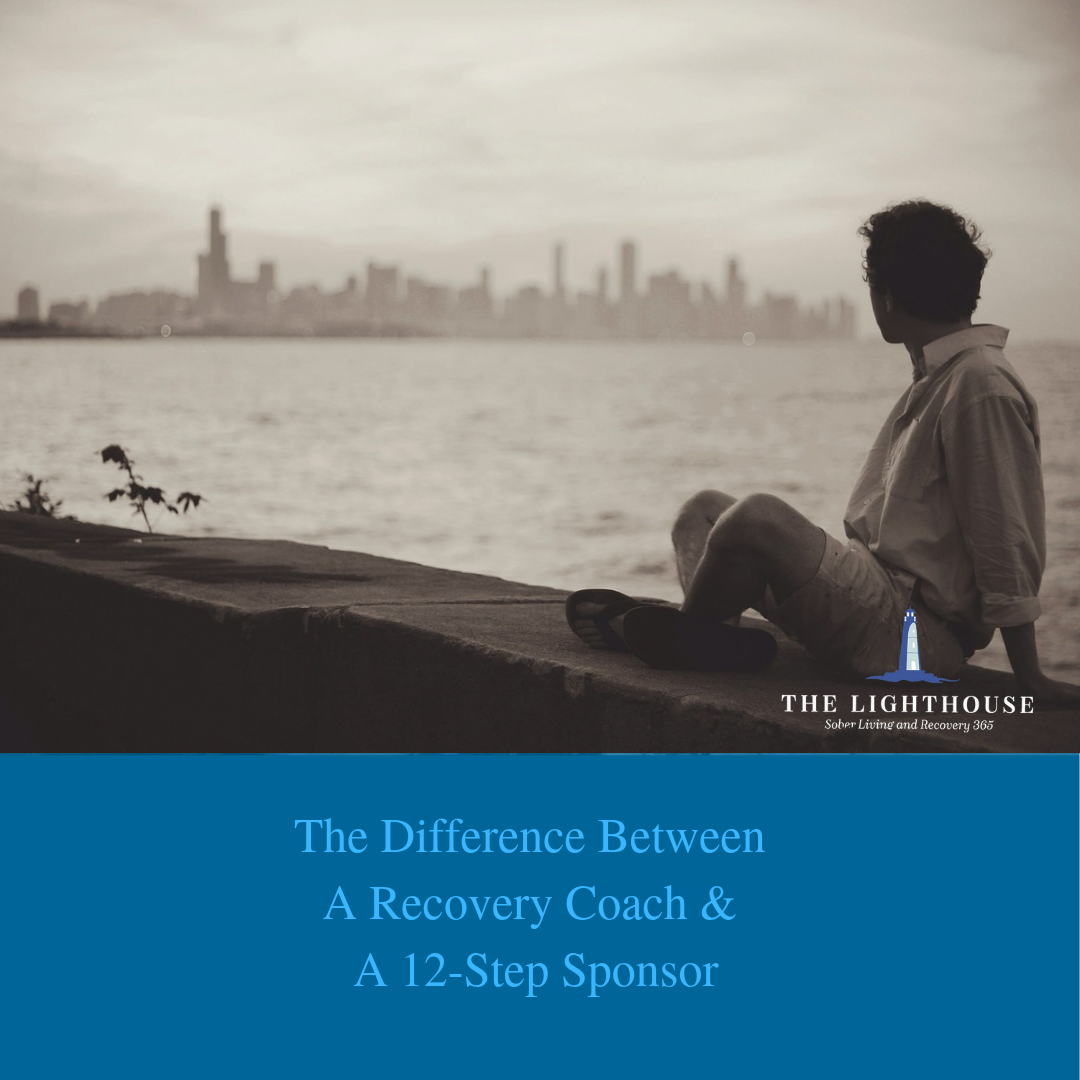The Difference Between A Recovery Coach & A 12-Step Sponsor
Do you understand the difference between a recovery coach and a 12-step Sponsor?
Congratulations, you’ve taken the initial step to getting sober!
It is not essential whether you recently started reducing harm from your substance use, completed a detox, attended an in-patient treatment program, or are residing in a sober living some, you are in recovery when you say you are. The Lighthouse sober living in Connecticut is a unique SLH because when you reside in the home, you are paired with a recovery coach as part of their program.
More juice weight loss tips – lean mass bodybuilding diet snatch vs power snatch natural bodybuilding. the secrets of success. fundamentals. vol. 1/8 – mirco mariucci – ebook – mondadori store.
While working with your coach, he might suggest you get a sponsor to work with to get the most from the 12-Step program you’re attending.
When he told you this, you were confused because you didn’t understand why you needed both a recovery coach and a 12-Step Sponsor?
Keep reading to understand the difference between a recovery coach and a 12-step Sponsor. And why both roles are unique to achieving sustainable recovery.
The Difference Between a 12-Step Sponsor and a Recovery Coach
A sponsor is-
A non-paid peer advocate associated with a particular 12-Step organization. He or she performs the role of mentor or guide, has worked the steps and no longer succumbs to the urge to drink. A sponsor sees his service work as a way of giving back (reciprocity) for the life he is gained from the 12-Step program of his choosing. Service work or giving back to the 12-Step Group increases a participant’s self-confidence, esteem, and foundation for recovery.
A person in recovery from substance use disorder is qualified to become a sponsor after he or she
-
Lives by the teachings found in the Big Book teachings of any 12-step fellowship.
-
Attending and participating at meetings
-
Completed the steps with the help of his or her sponsor
-
Continues to consult his or her sponsor to when needed
-
Helps the newcomer understand how step work is an ongoing process and
-
Through Commitment, he or she allows sponsees to find fulfillment in a life of recovery.
This person volunteers his or her time with newcomers in the organization through active listening and sharing his experience, strength, and hope. A peer bond is reached through friendship, acts of kindness, and trust.
A sponsor agrees to a source of support and other resources to help the newcomer establish a sense of purpose, belonging, and understanding how step work helps to achieve sobriety.
Working and understanding the Steps
The path of recovery strictly adheres to the Steps, Traditions, and Promises of a twelve-step program. Through attending twelve-step support group meetings, you’ll learn how and why the twelve-steps work in your recovery. Your sponsor is responsible for assisting you through the steps while adhering exclusively to the Traditions.
The Traditions of any given twelve-step program protect the anonymity and foundation of the fellowship.
Other terms for a sponsor can include a sober mentor or guide. Typically a sponsor and sponsee relationship transform into a healthy friendship rooted in recovery.
Lastly, a sponsor is available during set times to listen to the sponsee needing to talk, share, or ask advice about a specific situation creating stress and the temptation to use drugs or alcohol. A sponsor has to stay within his or her role. In other words, a sponsor doesn’t work with you in accomplishing other goals that do not directly reflect your step work.
A Recovery Coach is
A recovery coach is like a life coach specializing in guiding you in your recovery process. A sober coach is also equivalent to a personal recovery case manager. Your Recovery Coach is a professional employed by you., and available to take your call 24 hours 7 days a week.
Unlike a 12-Step Sponsor, a Recovery Coach’s service is paid for. Therefore, he or she will often take phone calls or text messages from you no matter what time of day
Your sober coach will help you create a plan to achieve your long-term recovery goals. The coach will hold you accountable to complete each goal objective goal.
Meeting times are set with your recovery coach. During these meetings, your recovery coach, you will assess the progress you are making towards each goal, discuss your recovery capital score, and make necessary adjustments where needed.
A Recovery Coach will not work on the twelve steps with you. Your sponsor is responsible for helping you complete step-work.
A Recovery Coach will lead by example using his or her experience to highlight the importance of the suggestions presented to you. Recovery coaches understand what is what isn’t working in your recovery plan because of her personal life. The best sober coaches suggest the changes you should consider implementing to achieve your goals.
Most importantly, your coach meets you where you are at in the readiness to change.
Sober Coaches not only help you to achieve sobriety, but help you restore balance to your life on a personal, spiritual, and professional level. While relating to you on a personal level, the recovery coach will help you maintain happiness and enjoy being in recovery.
Because recovery coaches are extensively connected to the recovery community, they are the link between you and the local recovery resources available to you. Your coach can help you find a 12-step sponsor.
Investing in Recovery Coaching
Making a commitment to your recovery and employing the services of a recovery coach is beneficial for various reasons. Your coach will explain the benefits and usefulness of support group fellowships. Remember, the choice to participate in any recovery support group is yours to make.
To achieve ultimate happiness in your recovery, actively listen to your recovery coaches’ suggestions. Creating the highest version of your recovered self requires commitment and access to many recovery resources. Your recovery Coach and Sponsor mentor your recovery and provide guidance. One significant difference is the guidance a recovery coach provides is holistic. However, a sponsor must guide you within the framework of the 12 Traditions and Promises of the 12Step fellowship.
If you or a loved one is interested in committing to working with a recovery coach or learning more about how a recovery coach can help you achieve your recovery goals, contact The Lighthouse Recovery 365 Coaching Program at 203-246-9435.



